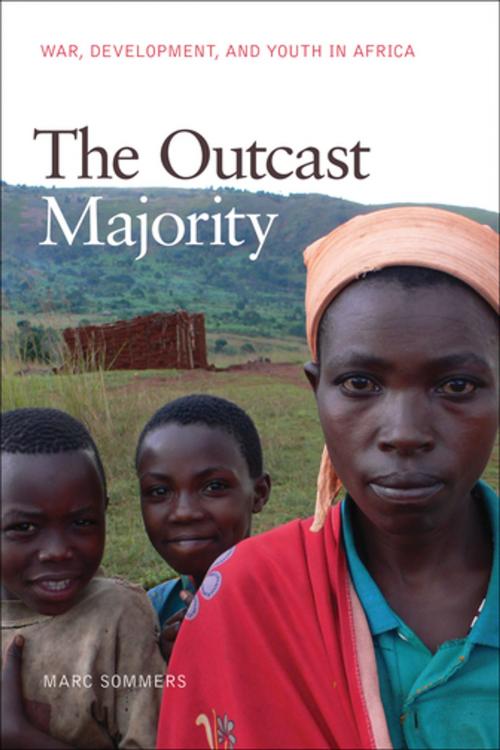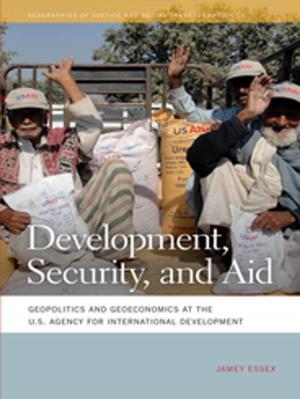The Outcast Majority
War, Development, and Youth in Africa
Nonfiction, History, Africa, Social & Cultural Studies, Political Science, Social Science| Author: | Marc Sommers | ISBN: | 9780820348834 |
| Publisher: | University of Georgia Press | Publication: | December 1, 2015 |
| Imprint: | University of Georgia Press | Language: | English |
| Author: | Marc Sommers |
| ISBN: | 9780820348834 |
| Publisher: | University of Georgia Press |
| Publication: | December 1, 2015 |
| Imprint: | University of Georgia Press |
| Language: | English |
The Outcast Majority invites policymakers, practitioners, academics, students, and others to think about three commanding contemporary issues—war, development, and youth—in new ways. The starting point is the following irony: while African youth are demographically dominant, most see themselves as members of an outcast minority. The irony directly informs young people’s lives in war-affected Africa, where differences separating the priorities of youth and those of international agencies are especially prominent.
Drawing on interviews with development experts and young people, Marc Sommers shines a light on this gap and offers guidance on how to close it. He begins with a comprehensive consideration of forces that shape and propel the lives of African youth today, particularly those experiencing or emerging from war. They are contrasted with forces that influence and constrain the international development aid enterprise. The book concludes with a framework for making development policies and practices significantly more relevant and effective for youth in areas affected by African wars and other places where vast and vibrant youth populations reside.
The Outcast Majority invites policymakers, practitioners, academics, students, and others to think about three commanding contemporary issues—war, development, and youth—in new ways. The starting point is the following irony: while African youth are demographically dominant, most see themselves as members of an outcast minority. The irony directly informs young people’s lives in war-affected Africa, where differences separating the priorities of youth and those of international agencies are especially prominent.
Drawing on interviews with development experts and young people, Marc Sommers shines a light on this gap and offers guidance on how to close it. He begins with a comprehensive consideration of forces that shape and propel the lives of African youth today, particularly those experiencing or emerging from war. They are contrasted with forces that influence and constrain the international development aid enterprise. The book concludes with a framework for making development policies and practices significantly more relevant and effective for youth in areas affected by African wars and other places where vast and vibrant youth populations reside.















